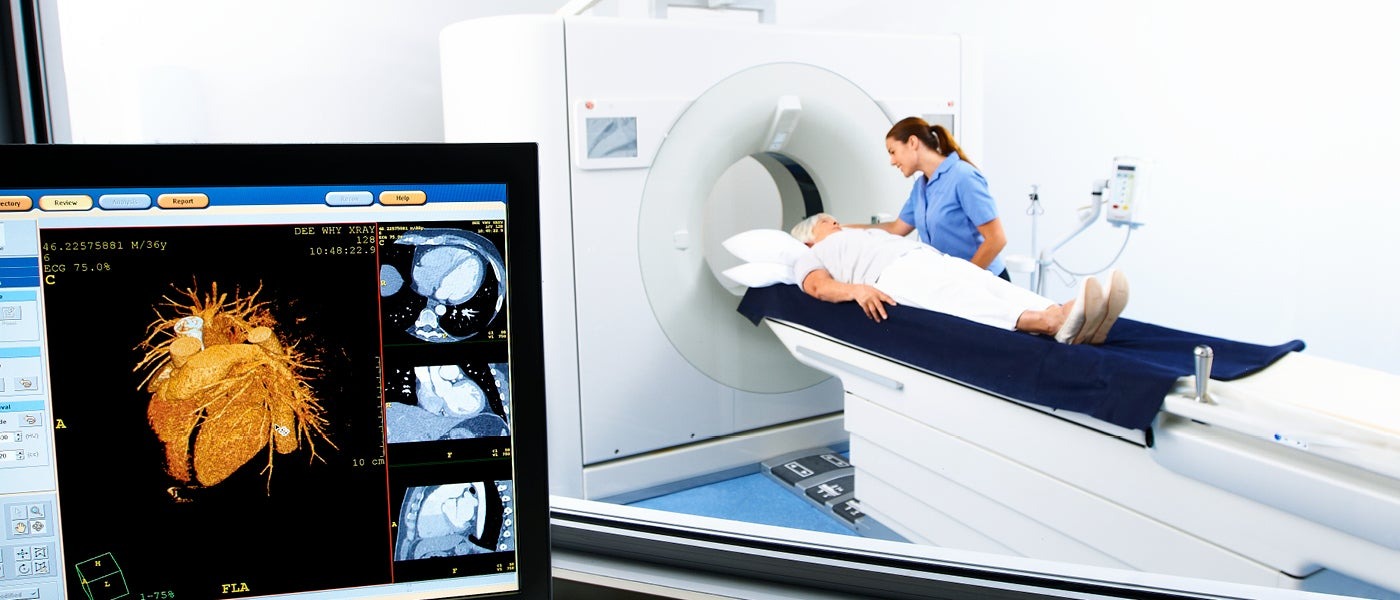Over the years, I’ve seen many stories—stories of hope, of sudden crises, and of lives transformed through early detection and timely treatment of coronary artery disease (CAD). This condition, often dubbed the “silent killer,” can stealthily damage the heart long before symptoms appear. My experience has taught me that the key to saving a patient’s future often lies in recognizing warning signs early and acting before it’s too late.
Recognizing the Hidden Signs
One of the most common misconceptions is that heart disease always presents with chest pain or severe symptoms. I recall a young man in his late 40s, Mr. Raj, who visited my clinic feeling tired and slightly breathless during his routine walks. No chest pain, no heaviness—nothing that screamed “heart problem.” Yet, a detailed evaluation, including a stress test and early angiogram, revealed the beginnings of blocked arteries. Because we caught it early, we could intervene with medications and lifestyle advice, preventing a possible future heart attack.
This story underscores an essential truth: early detection isn’t solely about symptoms but about understanding risk factors. Hypertension, diabetes, high cholesterol, family history, and smoking—these silent signals can set the stage for CAD long before any discomfort presents itself. The question isn't just “Do you feel something wrong?” but “Are you at risk?”
Why Early Treatment Matters
Once diagnosed, the next step is prompt treatment, which can dramatically alter the course of the disease. If we wait for symptoms like chest pain or a heart attack, the damage might already be done. I have seen patients whose arteries were severely blocked, yet they were fortunate to get early diagnosis through imaging screenings, preventing a life-threatening event.
Treatment isn’t only about stents or surgeries; it’s about comprehensive management—controlling risk factors, prescribing medications, and encouraging lifestyle changes. The efforts I put into early intervention often mean a healthier, longer life for my patients. It’s about giving them the gift of time—time to enjoy their families, pursue passions, and avoid the devastating consequences of a major heart attack.
Patient Stories: A Wake-up Call
Take the case of Mrs. Anjali, a 55-year-old working woman. She had no symptoms but had a family history of cardiac disease. During her routine health check-up, I recommended a coronary calcium scan, which showed early signs of plaque buildup. We started her on medications and lifestyle modifications immediately. Two years later, she remains symptom-free, and her arteries are stable—proof of how early detection saved her from potential catastrophe.
On the other hand, I remember a man in his 60s who ignored his risk factors and had no preventive tests. He presented suddenly with severe chest pain, and by then, the damage was extensive. Emergency intervention saved his life, but the event left a lasting impact on his heart’s function. His story is a stark reminder that waiting for symptoms can be deadly.
The Future of Heart Care
Advancements in screening tools—like coronary calcium scoring, stress imaging, and blood tests—make early detection more accessible than ever. I firmly believe that proactive screening for high-risk individuals should be a standard part of healthcare. The earlier we identify lifestyle or medical factors contributing to CAD, the more effectively we can intervene.
To all my patients and readers, I emphasize this: prevention is always better than cure. Regular health check-ups, understanding your risks, and acting on early signs can keep your heart healthy for years to come. As a doctor, there’s nothing more rewarding than seeing a patient avoid suffering through early intervention.
In Conclusion
Coronary artery disease may be silent, but its consequences are loud. Early detection and proactive treatment have the power to save lives, preserve heart function, and improve quality of life. From my experience, I can say with confidence: don’t wait for symptoms to appear. Listen to your body, know your risks, and seek help early. Your heart will thank you for it.



Add a Comment